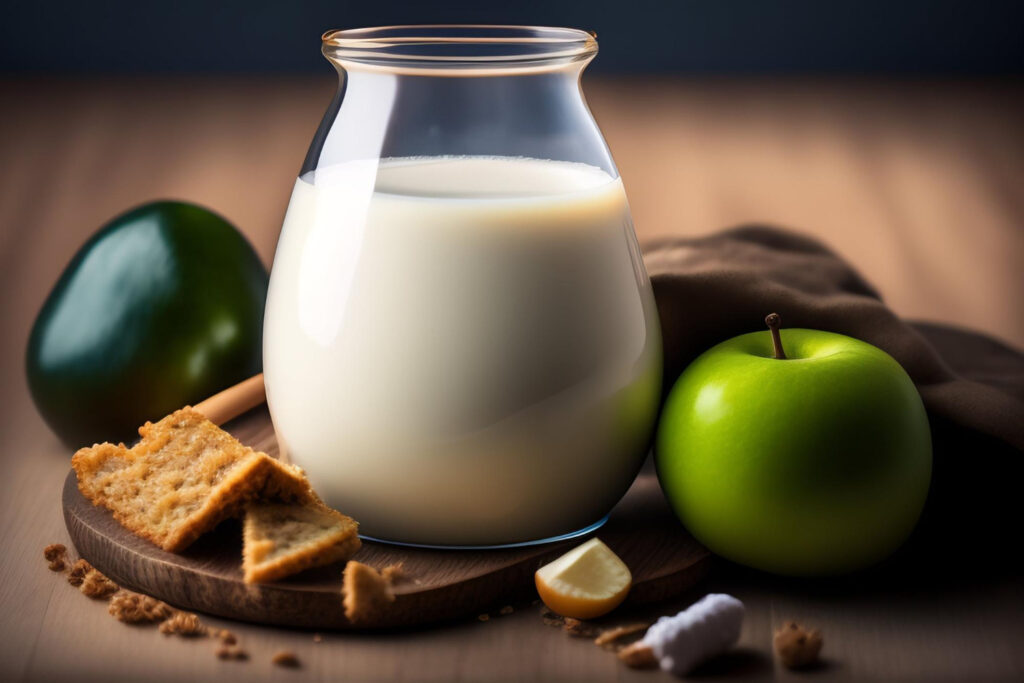Undergoing a revision gastric sleeve surgery marks a significant step in the journey towards improved health and well-being. Whether it’s addressing complications from a previous bariatric procedure or adapting to changing health needs, mastering nutrition becomes paramount post-surgery. In this article, we will explore the key aspects of navigating diet after the revision gastric sleeve, emphasizing the importance of a balanced and mindful approach to nutrition.
The Basics of Revision Gastric Sleeve:
Revision gastric sleeve surgery involves reshaping the stomach to achieve weight loss and health improvements. This procedure can be performed to address complications from a previous surgery, insufficient weight loss, or other medical concerns. After the surgery, patients must adapt their eating habits to ensure optimal nutrition while promoting weight loss and overall well-being.

The Phases of Post-Surgery Nutrition:
Clear Liquid Phase: In the initial days post-surgery, patients typically start with clear liquids to allow the stomach to heal. This phase includes broths, clear soups, and sugar-free gelatin. It’s crucial to stay hydrated during this phase while avoiding sugary or caffeinated beverages.
Full Liquid Phase: As the recovery progresses, patients transition to full liquids, incorporating protein-rich options like protein shakes and pureed soups. The emphasis remains on maintaining hydration and obtaining essential nutrients.
Soft Food Phase: Gradually introducing soft, easily digestible foods is the next step. Pureed vegetables, lean proteins, and well-cooked grains become staples during this phase. Chewing thoroughly is essential to prevent discomfort and aid in digestion.
Solid Food Phase: Eventually, patients progress to solid foods, but it’s crucial to focus on nutrient-dense options. Lean proteins, whole grains, fruits, and vegetables should form the basis of the diet. Portion control is key, as the stomach’s capacity is significantly reduced.
Key Nutritional Considerations:
Protein Intake: Protein is vital for muscle maintenance and overall health. Post-surgery, patients should prioritize lean protein sources such as poultry, fish, tofu, and legumes. Protein supplements may be recommended to meet daily requirements.
Hydration: Staying well-hydrated is essential for digestion, nutrient absorption, and overall health. However, sipping water throughout the day rather than consuming large amounts at once is advisable to prevent discomfort.
Vitamin and Mineral Supplements: Due to the reduced stomach capacity, patients may struggle to obtain all essential vitamins and minerals solely from food. Supplementation, especially of vitamins B12, D, and calcium, is often prescribed to prevent deficiencies.
Mindful Eating: Adopting mindful eating practices, such as eating slowly, chewing thoroughly, and paying attention to hunger and fullness cues, becomes crucial after revision gastric sleeve surgery. This aids in preventing overeating and promotes better digestion.
Balanced Diet: Striving for a balanced diet that includes a variety of food groups is key to meeting nutritional needs. Incorporating fruits, vegetables, whole grains, and healthy fats ensures a well-rounded and nourishing diet.
What are the recommended protein sources for post-revision gastric sleeve patients?
Recommended protein sources for post-revision gastric sleeve patients play a crucial role in supporting healing, maintaining muscle mass, and promoting overall well-being. Here are some protein-rich foods that are often recommended:
| Protein Source | Short Explanation |
|---|---|
| Lean Poultry | Skinless chicken or turkey breast is a lean protein source that supports muscle health and post-surgery recovery. Grilled or baked preparations are recommended. |
| Fish | Fatty fish like salmon, tuna, or mackerel not only provide protein but also essential omega-3 fatty acids, promoting heart health. Grilling or baking is preferable to frying. |
| Lean Meat | Lean cuts of beef or pork, such as sirloin or tenderloin, offer protein without excessive fat. Trimming visible fats and choosing healthier cooking methods is advised. |
| Eggs | Eggs are a versatile protein source, rich in essential amino acids. Boiled, poached, or scrambled preparations are common choices. |
| Dairy Products | Low-fat or fat-free dairy products like Greek yogurt, cottage cheese, and milk provide protein and calcium for bone health. These can be enjoyed on their own or incorporated into various dishes. |
| Tofu and Tempeh | Tofu and tempeh are plant-based protein options suitable for individuals with dietary preferences or restrictions. They can be used in stir-fries, salads, or grilled dishes. |
| Legumes | Beans, lentils, and chickpeas are plant-based protein sources high in fiber. They can be included in soups, stews, salads, or used as meat substitutes. |
| Protein Supplements | Protein shakes or powders may be recommended by healthcare professionals to ensure adequate protein intake, especially during the early stages of recovery. |
| Nuts and Seeds | Almonds, chia seeds, and pumpkin seeds are nutrient-dense and provide protein. They should be consumed in moderation due to their calorie content. |
| Quinoa | Quinoa is a complete protein source, containing all essential amino acids. It is a versatile grain that can be used as a base for salads, bowls, or as a side dish. |
Conclusion
Mastering nutrition after revision gastric sleeve surgery requires a thoughtful and intentional approach. By focusing on adequate protein intake, hydration, supplementation, mindful eating, and a balanced diet, patients can optimize their health outcomes and achieve sustained weight loss. It’s important for individuals to work closely with healthcare professionals and nutritionists to tailor their post-surgery diet to their unique needs and circumstances, fostering a journey toward lasting health and well-being.


